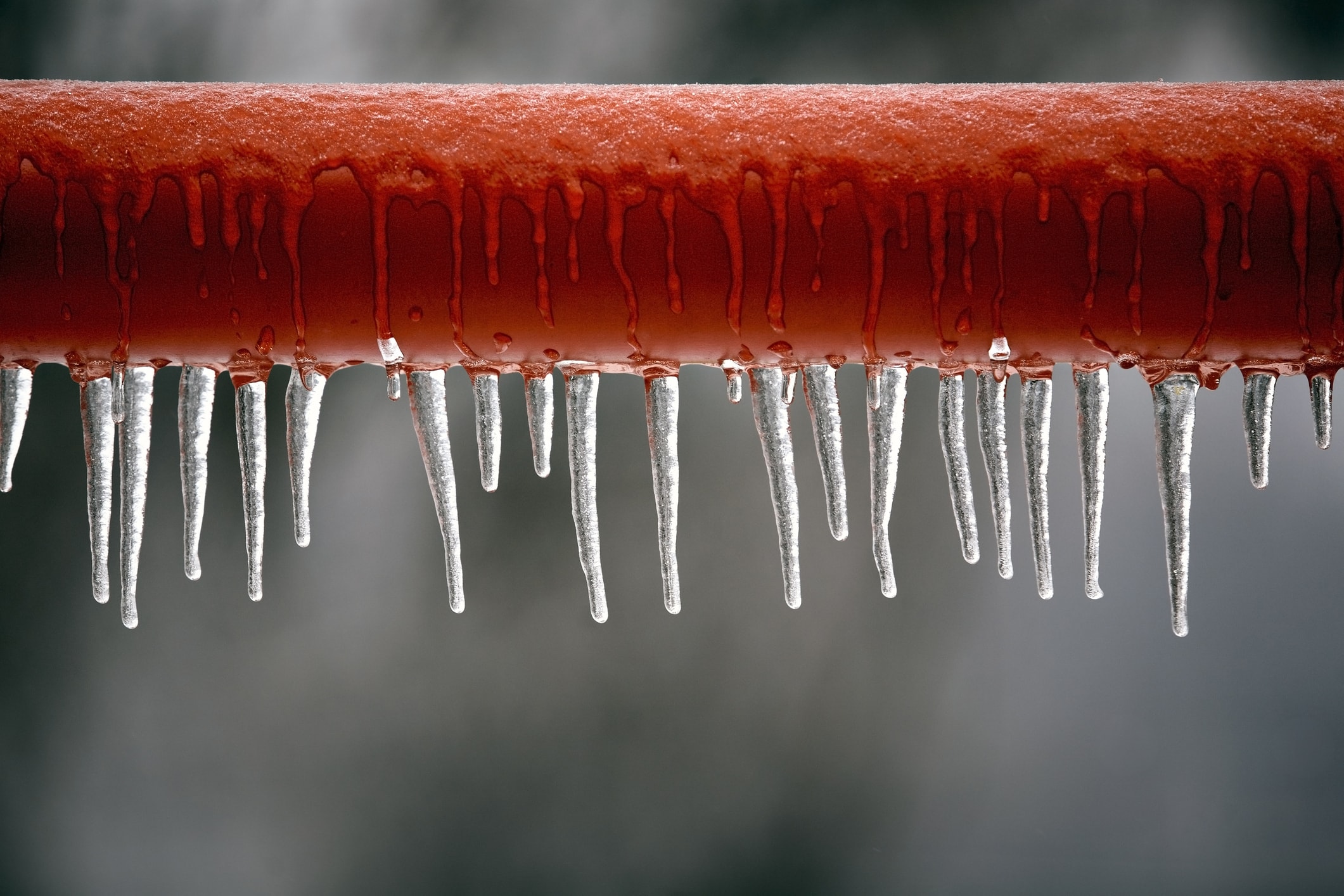
When the winter season arrives, there is a lot to think about. The cold weather can do damage to many areas of your home from causing ice to cover on your plants to putting you at risk of a higher energy bill due to drafts through the windows.
But the cold weather brings about another detrimental thing you need to worry about: frozen pipes. If your pipes freeze, there is a risk that they will burst, which creates a major plumbing emergency and requires costly repairs.
Here are some ways to prevent damage from frozen pipes so you don’t deal with it.
Turn Off Exterior Faucets
Many people are more concerned about the pipes inside their home, but don’t forget about pipes and faucets located on the exterior of your home. These can also cause a lot of damage, and are at a greater risk of freezing since they are out in the elements.
When the temperatures start to drop, especially if you live somewhere that experiences below-freezing temperatures in the winter, pay close attention to those outdoor pipes. Insulate them if possible, or just shut off the faucets for things you won’t be using. Your outdoor faucet and garden hose won’t be used in the winter most likely, so just shut the water off and let the water drain out of the pipes.
Reduce Cold Drafts
For the pipes inside your home, they might become too cold and freeze as a result of certain areas of your home getting too cold. A good way to remedy this is by reducing cold drafts inside your home as much as possible.
You can start by always keeping your garage door and garage windows closed. The garage is going to get cold fast when the doors are open, letting all that freezing cold air in. This can then cause your home to get too cold and do some damage to the pipes. If you have a basement, make sure no basement windows are left open. It’s a good idea to wrap pipes with a thick towel as well in areas of the home that are drafty.
Be Careful When You Go On Vacation
During the winter, pipes usually freeze from not using them often enough. If you are running water regularly, that water if often enough to keep your pipes from freezing. However, if you go on a trip during the winter and will be gone for a week or two, your pipes are then at risk of freezing. Instead of just leaving your home unattended, try to have a friend or neighbor go to your home and run water through all of the faucets at least once a day.
How to Handle Frozen Pipes
When it gets too cold in the winter, frozen pipes are sometimes inevitable. If you run water and it doesn’t seem to go anywhere, this is probably due to the pipes being frozen. Before you do anything else, make sure you call a plumber so that they are ready if the pipes burst. Do not run hot water down the pipes in an effort to thaw them out; this can cause them to burst. Instead, wrap rags around the pipes to insulate them and open up all of the faucets.
Be sure that your homeowners insurance premiums are up-to-date in the event that you have a pipe burst this winter that leads to damage to your home.